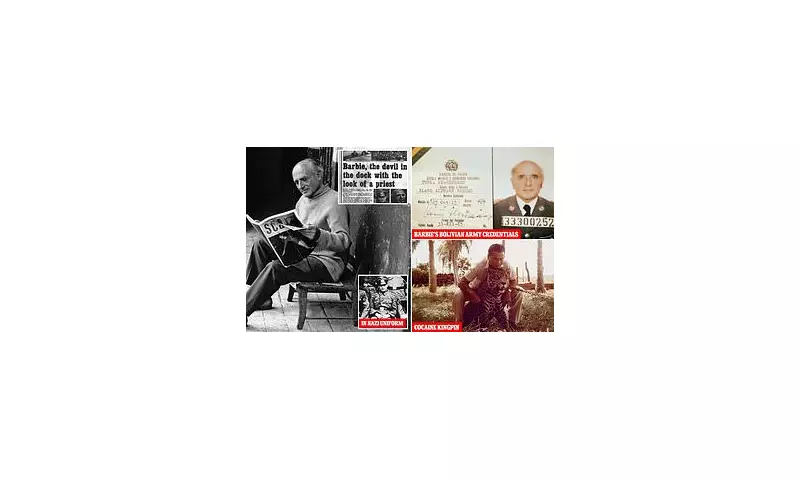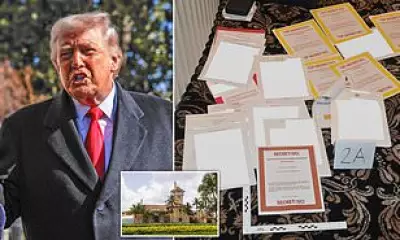
Newly unearthed documents expose the shocking alliance between one of history's most infamous Nazi war criminals and a powerful Bolivian drug lord, revealing a web of political intrigue, narcotics trafficking, and covert operations.
The Butcher's New Role
Klaus Barbie, the notorious 'Butcher of Lyon' responsible for countless atrocities during World War II, found an unlikely second career in South America after escaping prosecution. Declassified intelligence files show how Barbie became instrumental in helping Roberto Suárez Gómez—dubbed the 'King of Cocaine'—consolidate his narcotics empire while influencing Bolivian politics.
A Coup Cocaine Built
In 1980, Barbie allegedly played a key role in orchestrating the violent coup that brought General Luis García Meza to power, creating what historians call the 'Cocaine Coup' regime. The documents suggest Barbie used his intelligence expertise to help Suárez Gómez manipulate Bolivian politics, ensuring protection for the burgeoning cocaine trade that would later flood American streets.
The CIA Connection
Most disturbingly, the records indicate American intelligence agencies may have facilitated Barbie's escape to Germany after the war, despite full knowledge of his wartime crimes. This revelation raises troubling questions about Cold War-era alliances and the moral compromises made in the name of anti-communism.
Legacy of a War Criminal
Barbie's South American activities extended far beyond Bolivia. Intelligence reports detail his work training right-wing paramilitary groups across the continent and his suspected involvement in Operation Condor—the coordinated campaign of political repression across Latin America during the 1970s and 80s.
The documents paint a picture of a man who transitioned seamlessly from Nazi torturer to Cold War operative to criminal conspirator, leaving a trail of devastation across two continents before finally facing justice in France during the 1980s.






